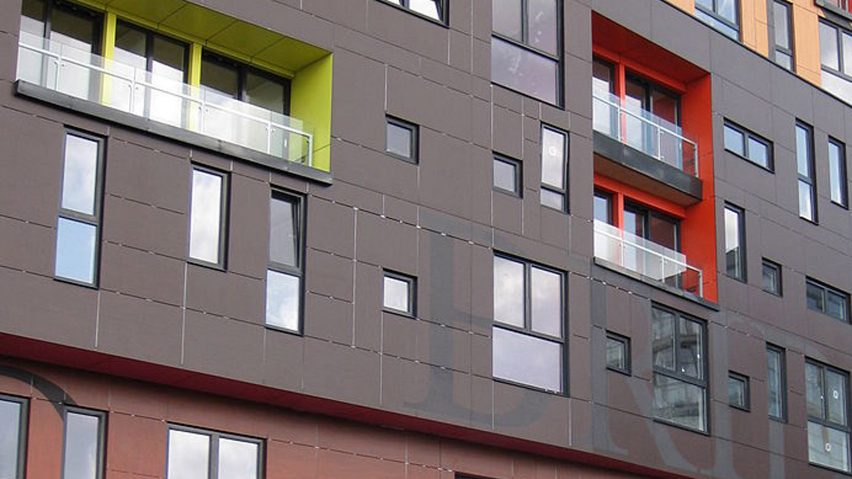
UK government could block developers that refuse to pay cladding costs from housing market
The UK government has threatened to block property developers who refuse to contribute towards the costs of fixing unsafe cladding from obtaining planning permission or building control sign-off.
It is the latest move by ministers to try to solve the so-called cladding scandal, which emerged in England after the Grenfell Tower fire and has left hundreds of thousands of flat owners facing huge bills to replace their building's facades.
The measures, which were introduced to parliament on Monday as amendments to the Building Safety Bill, would effectively prevent uncooperative homebuilders from building and selling homes.
Last month, UK housing secretary Michael Gove told the residential developer industry that it must agree to help meet the £4 billion estimated remaining cost of replacing dangerous cladding on buildings or face penalties, with a similar demand later made to construction product manufacturers.
With talks between the government and industry ongoing, the proposals put forward this week spell out the severe nature of those penalties.
Cap on leaseholder costs
If passed, the amendments would also give leaseholders legal protection from cladding and other fire safety costs above £15,000 in London and £10,000 in the rest of England.
Those capped costs would only fall on leaseholders if the new measures aimed at raising funds from developers and product manufacturers fail to raise the full £4 billion, and would include money already paid out over the last five years for interim safety provisions.
The government said this clause "will enshrine in law" its promise from last month that no leaseholder of a flat in a building taller than 11 metres will have to pay a penny to remove defective cladding, with the capped costs mostly expected to relate to other safety issues.
Some residents have previously been issued cladding remediation invoices for more than £100,000 by building owners.
"It is time to bring this scandal to an end, protect leaseholders and see the industry work together to deliver a solution," said Gove.
"We cannot allow those who do not take building safety seriously to build homes in the future, and for those not willing to play their part they must face consequences," he added. "We will take action to keep homes safe and to protect existing leaseholders from paying the price for bad development."
As well as the measures to block developers from the housing market, the amendments make it possible for courts to sue builders that have used shell company structures to dodge responsibility for cladding problems.
Cladding manufacturers prosecuted for selling defective products would also become subject to Cost Contribution Orders, forcing them to pay a share of the cost to remediate affected buildings.
Among other proposals in the package of amendments is a widening of the scope of the building safety levy, a tax on developer profits aimed at recouping some of the government's own costs of fixing the cladding crisis, with higher rates for companies refusing to make voluntary contributions.
Lords to debate proposals
The amendments would also require building owners or developers to pay to fix other historic safety issues besides cladding on their own blocks, in a bid to protect leaseholders from bills for problems uncovered while inspecting facades, such as missing fire breaks.
Since the Grenfell Tower fire in 2017, which claimed 72 lives, the UK government has spent £5.1 billion fixing dangerous cladding on buildings taller than 18 metres.
The £4 billion it is hoping to raise from industry will pay for remediation work on buildings between 11 and 18 metres. No funding has been offered for buildings below 11 metres.
Introduced to parliament in July 2021, the Building Safety Bill is a huge piece of legislation that seeks to overhaul the regime for managing safety in high-rises and solve the issues that led to Grenfell.
The amendments introduced this week will be debated in the House of Lords on 21 February.
The top photo is by David Jones.